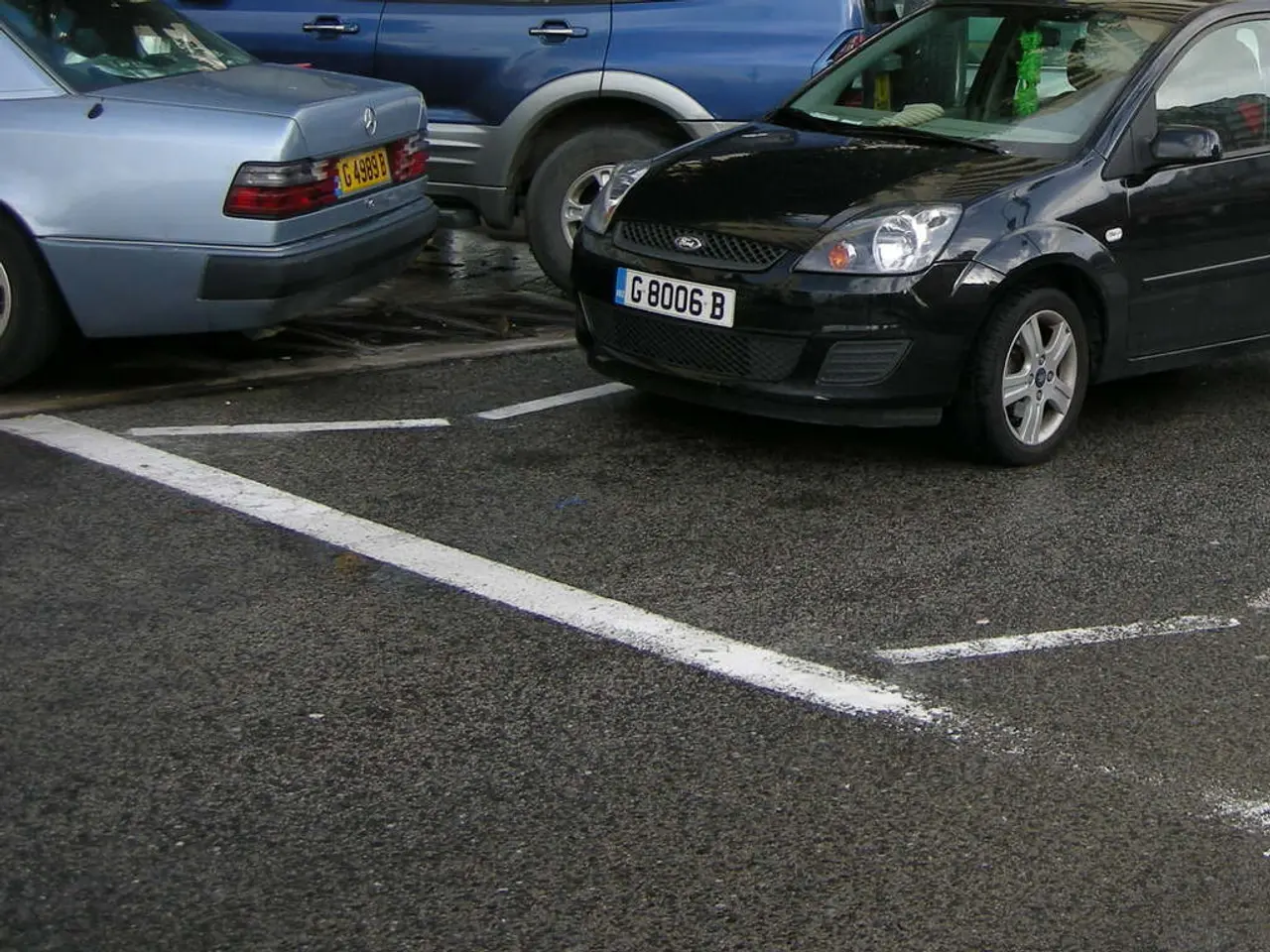Guide on Dash Cams: Purchase, Operation, and On-Road Regulations
Dash cams are compact video cameras designed to record the view through a vehicle's windscreen, offering a range of benefits for drivers across Australia. From capturing driving footage to providing evidence in disputes, these devices have become increasingly popular in recent years.
In Victoria, it's essential that dash cams are installed so they don't obstruct the driver's view of the road. Most dash cams are mounted to the dashboard or windscreen using suction cups or adhesive pads, but for those seeking a more professional finish, consider hidden wiring options that can be integrated into the fabrics of the roof or down the edge of the windshield.
Modern dash cams come with a variety of features to enhance their functionality. These may include G-sensors, GPS tracking, parking mode, dual-channel cameras, Wi-Fi or Bluetooth, and cloud storage. Some newer models even record footage when the car is off.
When making an insurance claim, you will be asked to explain your version of events, and the use of dash cam footage may be suggested if available. Dash cam videos can assist with insurance claims and help determine fault in the event of an accident. They can also be submitted to Victoria Police as evidence of dangerous driving, traffic offenses, or crashes.
When choosing a dash cam, consider factors such as video quality (resolution and frame rate), field of view, low-light performance, storage capacity, power source and installation, dual or rear cameras, and additional features like G-sensors, GPS tracking, parking mode, Wi-Fi or Bluetooth, and cloud storage. Dash cams can be mounted on the windshield, usually just behind the rear-view mirror, with options for DIY suction cup or professional mounting.
It's important to note that dash cams are legal to own and use in all Australian states and territories, but there are laws that regulate how and where they can be installed and how the footage can be used. Recording video from a dash cam is generally permissible in public areas, but recording private conversations without consent is prohibited by Victoria's Surveillance Devices Act 1999. Uploading dash cam footage to social media could raise legal issues around breach of privacy or defamation laws.
Dash cams come in a wide range of models, from basic entry-level devices to advanced multi-camera setups, with prices generally ranging from around $80 for a simple unit to over $500 for high-end models with 4K resolution and cloud connectivity.
In summary, dash cams offer a valuable tool for drivers in Australia, providing evidence in disputes, aiding insurance claims, and offering peace of mind on the road. When choosing and installing a dash cam, ensure compliance with local laws and prioritise features that best meet your needs.
Read also:
- Global Gaming Company, LINEUP Games, Moves Into Extensive Global Web3 Multi-Platform Gaming Network
- Rebuilding Obstacles: The Complexities of Revamping: Part 2
- Musk initiates legal action against Apple over exclusion from App Store dispute
- Battle between Streaming Platforms and Gaming for Californian Entertainment: Which Offers the Best Budget-Friendly Option?







